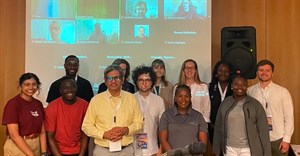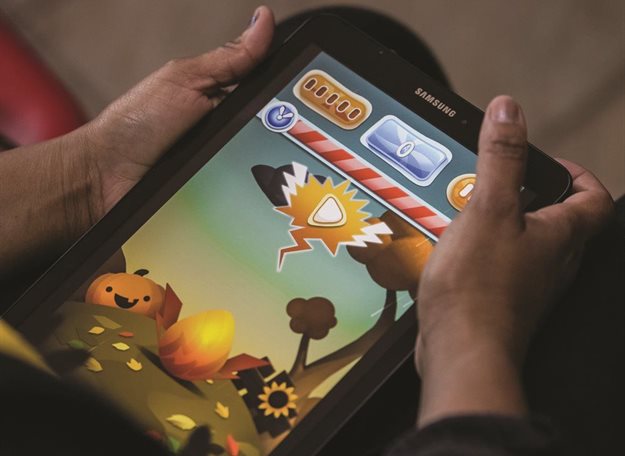
Related





Word definitions: Why kids shouldn't just 'google it'
Dr Phillip Louw 7 Sep 2022



PanSALB welcomes language policy framework
10 Nov 2020

Feed the Monster was funded by the Norwegian Ministry of Foreign Affairs and first piloted in Syrian Refugee Camps. Now, its software has been declared open source.
According to Bellavista School Principal Alison Scott, one of the key stumbling blocks hindering the development of reading skills in many children is the absence of reading instruction or material in their home language. “Language instruction is a complex issue in South Africa. The hard reality is that, despite laudable efforts to ensure that all official languages are represented in our curricula, we’re still faced with a lack of resources, from teachers to schools or materials.” Consequently, most children find themselves learning to read in a language they have not yet properly mastered, which detracts significantly from their proficiency.
Feed The Monster presents reading instruction in English, IsiXhosa, IsiZulu, Tshivenda, Sepedi, Sesotho, Xitsonga, SiSwati, Afrikaans, IsiNdebele, Setswana and even Swahili in a gamified format, making it easy for readers aged between six and eight to match letters with sounds, understand how those sounds combine to form words, and see how words go on to create meaningful sentences. In this way, children can raise their literacy level to early Grade Two on a CAPS measurement.
Scott observes that Feed the Monster offers a real solution to the learning and literacy challenges experienced by learners, teachers and parents alike. This is especially relevant now, during South Africa’s lockdown. “Even if we don’t consider how a lack of literacy will affect our children going into the future, many are facing the more immediate reality that, if they cannot read properly, that cannot work through the distance learning and teaching packs made available by schools during this time,” Scott says, noting that school closures present an additional challenge for children who are illiterate or struggling to read, as their inability to do so impacts on how they handle other academic tasks.
On the other hand, confident readers may relish the opportunity to broaden their skills to include learning to read in another language, especially an indigenous vernacular.
The app is suited for physical distancing, too, as links can be shared over SMS and social media networks.
